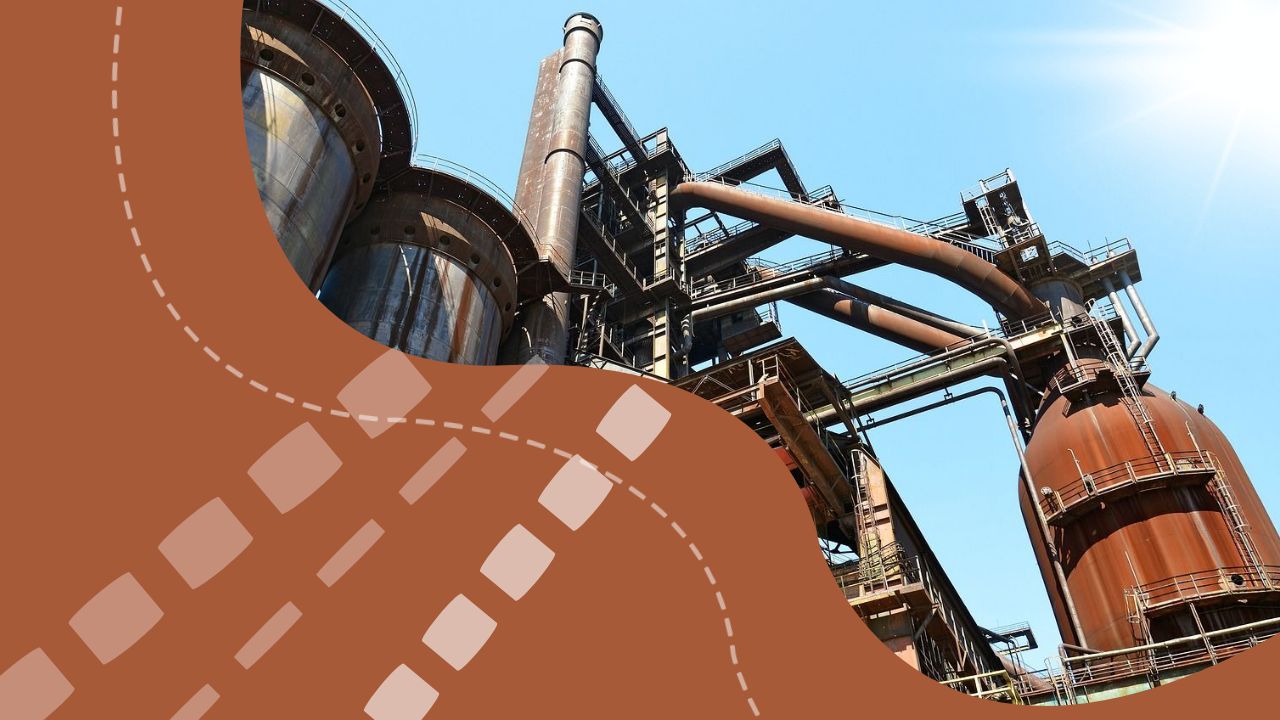The Code “On Subsoil and Subsoil Use” has been amended to paragraph 6, subparagraph 16) of paragraph 14 of Article 277 and paragraph 10 of Article 278, which came into force on January 1, 2024.
According to the adopted amendments, the competence of the State Reserves Committee to conduct the State Expertise of Subsoil in terms of hydrocarbons is extended until January 1, 2026. After January 1, 2026, this function will be assigned to the Central Commission for Hydrocarbon Reserves of the Republic of Kazakhstan under the authorized body in the field of hydrocarbons (ME RK).
Regarding solid minerals (including common minerals), it should be noted that significant changes have been made, despite the fact that before the adoption of the Law, the State Reserves Committee and the Interregional Commissions on Reserves (hereinafter referred to as the IRC) were valid until January 1, 2024.
According to the amendments made, the State Reserves Committee and the Mineral Reserves Act are valid on an ongoing basis in relation to production contracts or licenses for the production of solid minerals (including common minerals) concluded or issued before December 31, 2023.
Subsoil users who entered into exploration contracts and licenses before January 1, 2024 will submit reports in accordance with KAZRC standards for inclusion in state accounting
For questions regarding the preparation of a report by a competent person in accordance with the Kazakhstan Code of Public Reporting on the results of geological exploration, mineral resources and mineral reserves, please contact info@ponen.kz.

